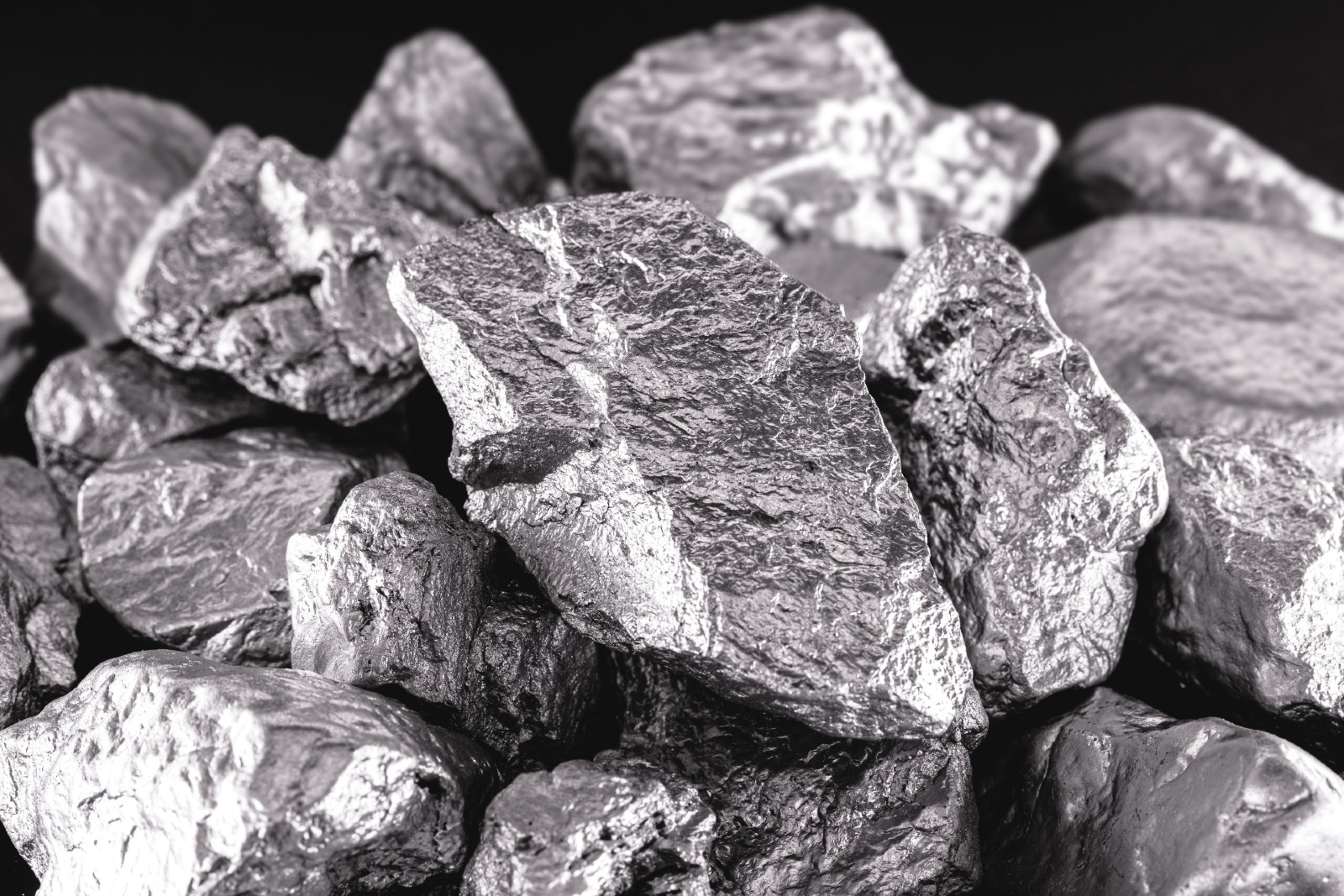Minerals and metals are vital to the energy transition. Saudi Arabia and Morocco see an opening.

Who will provide the minerals needed for the renewable energy transition? KSA is pushing to position itself as a global leader in minerals and metal production, Saudi Gazette reports. The country is well placed to provide some of the metals and minerals most essential to the energy transition, Saudi Vice Minister of Industry and Mineral Resources for Mining Affairs Khalid Saleh Al Mudaifer said at a recent Mines and Money conference.
Which minerals and metals are we talking about? Cobalt, copper, nickel, lithium, manganese, silver, zinc, neodymium, and dysprosium are all drivers of the global energy transition, notes the International Energy Agency. KSA has significant potential in extracting and refining precious and base metals like zinc, copper, and silver, along with certain specialty metals like niobium and tantalum, Al Mudaifer noted.
Globally, we’ll see massive demand… Over 3 bn tons of minerals and metals will be needed if the world is to make use of wind, solar, and geothermal power — and store energy effectively — to keep global warming to below 2°C, notes a 2020 World Bank report (pdf) cited by Al Mudaifer. Production of key minerals used in clean energy could increase by some 500% by 2050, it adds.
…And substantial investment: Some USD 1.7 tn will be needed in global mining investment to meet this demand, the World Bank estimated this year. US President Joe Biden recently doled out USD 2.8 bn in grants for companies to domestically extract and process lithium, graphite and nickel, as part of his administration’s EV production push.
It’s not just Saudi Arabia: Morocco has reserves of manganese, silver, copper, and cobalt currently being explored. “A vast, new and largely untapped minerals super-region is emerging, stretching from Africa to central Asia,” Saudi Gazette quotes Al Mudaifer as saying. The Tethyan mineral belt — which traverses KSA — is likely to have “considerable deposits” of copper, lithium, and other materials, with much of it “underexplored compared to mining zones in the Andes or Africa” — often hailed as the world’s metals and minerals hotspots.
International players are already showing interest: Moroccan mining firm Managem agreed in June to supply Renault with 5k tons of cobalt sulfate — to be used in EV production — for seven years starting in 2025. In Egypt, Australian mining firm Fortescue Future Industries is reportedly eyeing the extraction of rare earth minerals, including silica — used to produce solar panels. The EU recently announced plans to sign MoUs with Morocco and Algeria, as well as several other African countries, to procure raw materials for renewables projects.
And there’s a strategic shift already underway: KSA intends to award over a dozen mining exploration licenses to international investors and attract some USD 32 bn in investment in its mining and mineral sector, Mining Minister Bandar Al Khorayef said in November. In September, it awarded a license for the exploration of a mine with copper reserves worth an estimated USD 222 bn. Ultimately, it’s looking to unlock an estimated USD 1.3 tn in mineral reserves, Al Khorayef said at the time. KSA is also undertaking important regulatory and legislative steps that will attract investment to its mining sector, co-chairman of the Canadian Ivanhoe Mines Company Robert Friedland reportedly said recently.
But environmentally speaking, there’s much at stake: Although the demand for minerals and metals offers potential economic benefits for resource-rich countries, their extraction and production could cause huge environmental damage — including exacerbating existing water scarcity and significantly increasing emissions — if steps aren’t taken to minimize the climate footprint, the World Bank warns.